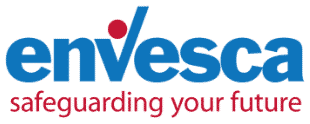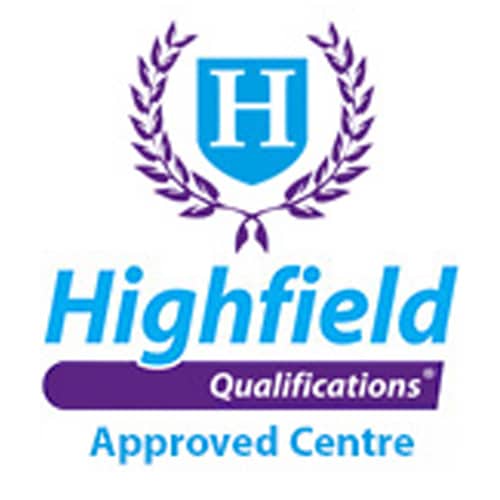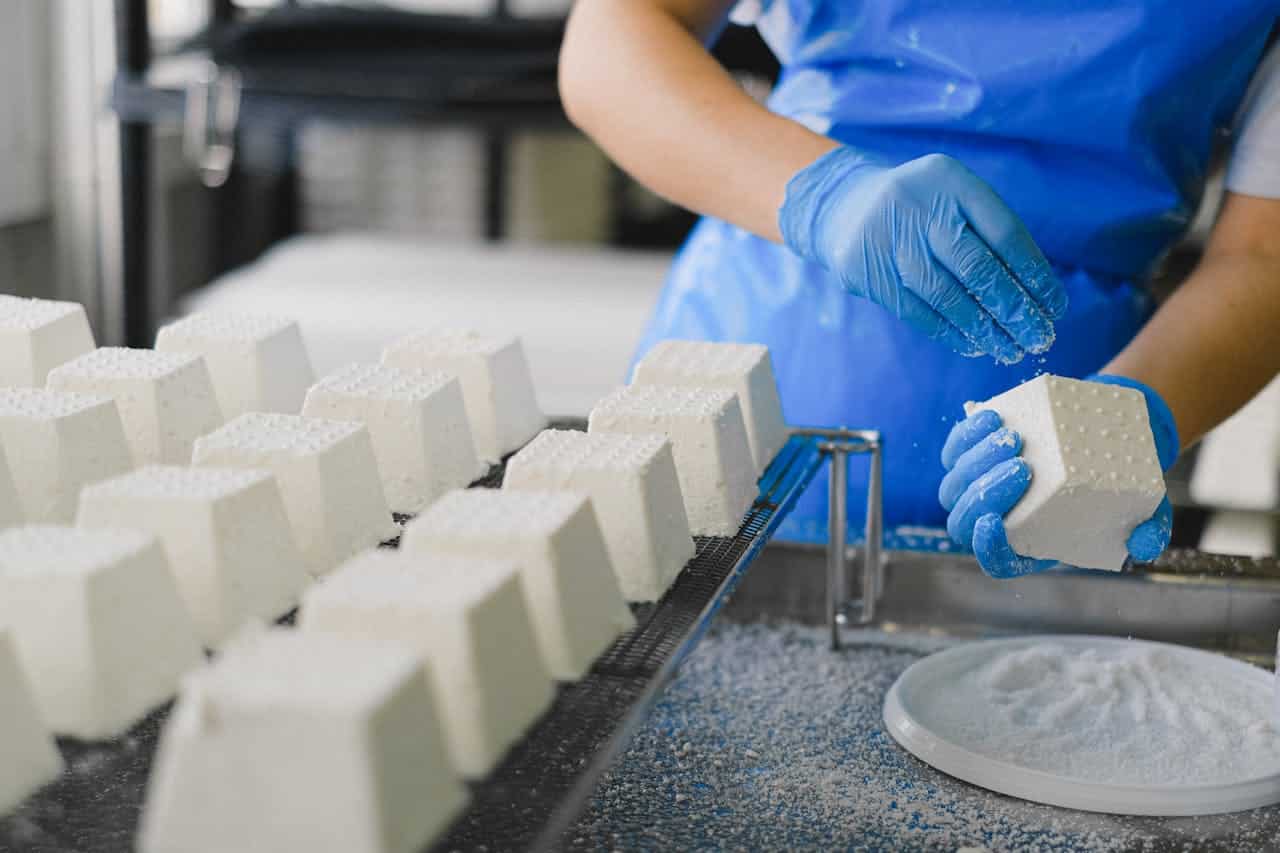
Food manufacturing hygiene and safety control standards are essential in safeguarding products and protecting consumers’ health.
Poor food safety in food manufacturing can lead to serious health risks from contamination, and failure to comply with food safety regulations can have devastating financial, legal and reputational repercussions for manufacturing businesses.
Wondering what you need to know about food safety in manufacturing to protect your business and customers? We’re about to tell you.
What is Food Safety In Manufacturing?
Food Safety In Manufacturing is specific training that considers the manufacturing environment. It is designed for businesses that process and manufacture food and drink.
There are four levels of Food Safety In Manufacturing courses, each building on the knowledge of the one before, designed to empower and educate those within the industry. Providing Food Safety In Manufacturing training for your staff nurtures a positive food safety culture, improves hygiene control standards and protects your business and customers.
Regulations And Food Manufacturing
Foodborne illnesses cause 420,000 deaths globally every year, and yet they are almost entirely preventable.
Several key food safety regulations govern food manufacturing to help mitigate the risks. These are;
Food Safety Act 1990
The Food Safety Act 1990 applies to all food businesses operating in the UK. It covers plenty of food safety in manufacturing elements, including selling and supplying products, importing and exporting goods and the packaging and labelling of products. This piece of legislation acts to prevent harmful food handling practices and maintain high food quality.
Food Standards Act 1999
The Food Standards Act 1999 was brought to life to give the Food Standards Agency, or the FSA, the power to intervene and protect the public’s health in cases where they suspect a business is not meeting food safety and hygiene standards or complying with regulations.
General Food Regulations 2004
This legislation aims to protect human and consumer health. It applies to all stages of food manufacturing, including production, processing, and distribution.
Food Hygiene (England) Regulations 2006
This document is a heavy read and covers everything related to hygiene practices in food-related businesses. Noteworthy elements include temperature control requirements, restrictions on the sale of raw milk, regulations governing the transportation of liquid oils, fats, or raw sugar by sea, and offences and enforcement.
Who Enforces Food Safety In Manufacturing?
There are a number of enforcement bodies in the UK that control food safety regulations.
Local Authorities
Local councils inspect food businesses to check they are playing by food safety rules and food standards legislation. This is to ensure foods that are being processed, manufactured and sold are safe to eat and correctly labelled and described.
Food Standard Agency (FSA)
The Food Standards Agency is an independent food safety watchdog responsible for food safety and hygiene in England, Wales, and Northern Ireland. Among other methods of enforcing food controls, FSA food Safety Officers conduct hygiene, document, and physical checks during premises inspections to ensure that foods are being prepared, handled, and stored safely.
Department For The Environment, Food And Rural Affairs
DEFRA’s remit is broad. They are responsible for looking after our environment and growing a green economy, but they also support the food industry. Earlier this year, they consulted on clearer food labelling to protect both UK farmers and consumers.
The Health and Safety Executive (HSE)
This is the government agency in charge of keeping the UK’s national workplace compliant with health and safety regulations. Our government makes regulations based on proposals made by the HSE.
Compliance with food safety regulations is essential for food manufacturing businesses. Businesses must comply both from a legal standpoint and to prove their integrity as a safe manufacturer, enabling them to bring on board and retain clients.
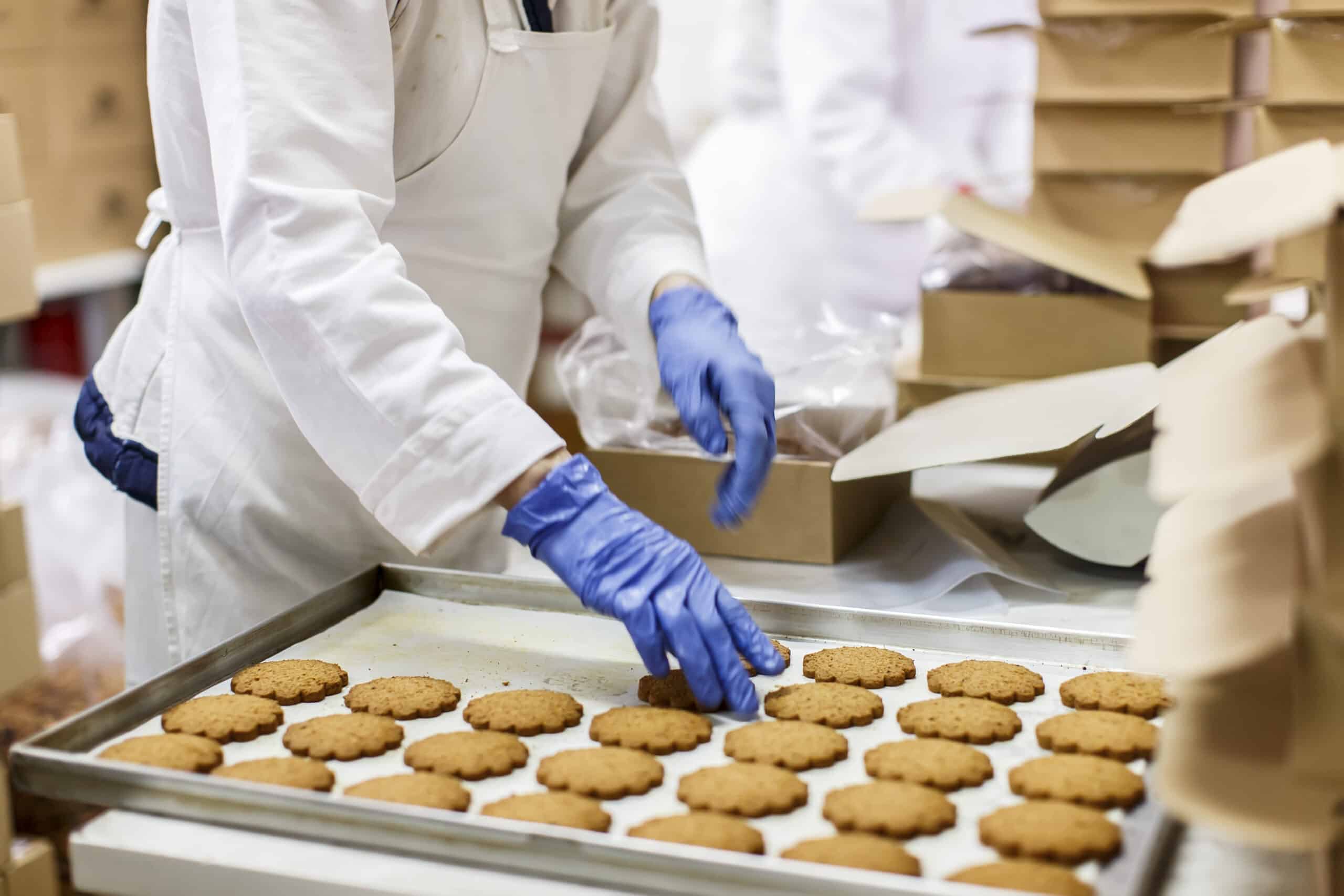
What Do You Need To Know?
Food safety knowledge and implementation are crucial for all food-related businesses, and this broad topic includes a range of food management aspects. The knowledge a team requires will differ across the board. However, every business should ensure they have things like these covered:
Record Keeping
Proper food safety records help keep track of foods travelling through supply chains. If there is a problem with a food that makes it unsafe, this can then be recalled or withdrawn from sale. Food manufacturing businesses must keep records of all suppliers and all of the businesses they supply.
Personal Hygiene
All staff working within a food manufacturing business must maintain a high level of personal hygiene to keep food safe. This includes wearing suitable clothing, covering hair, and washing hands efficiently.
Food Storage Practices
To prevent cross-contamination, foods should be stored at their recommended temperatures at all times in clean, sealed containers. Fridges must be set at 8˚C or below, and freezers should be -18°C as a legal requirement.
Cleaning
Effective cleaning removes bacteria that might be living on skin, equipment and surfaces.
Though bacteria are not killed unless subject to temperatures higher than 70°C for extended periods, washing items with soapy water detaches the bacteria from the surface, meaning they can be washed away.
HACCP (Hazard Analysis and Critical Control Points)
Every business must put a HACCP plan into place to monitor and control workplace hazards.
HACCP is a systematic approach to preventing food safety hazards in food manufacturing, and it underpins food safety management. Businesses that implement HACCP principles reduce risks from physical, microbiological, allergenic or chemical hazards.
The Role Of Training
Food Safety In Manufacturing training is vital in food manufacturing businesses to ensure all staff understand their obligations. Food safety training ensures hygiene standards are up to scratch, enables leaders and managers to instil a positive food safety culture and prepares businesses for potential inspection.
Food Safety In Manufacturing training courses begin at low-level responsibility with the Level 1 course and range up to Level 4, which is suited to food business managers.
When you put your staff members through Envesca’s Food Safety In Manufacturing training, you can expect…
Experienced Trainers
Highly knowledgeable, skilled staff leads to enhanced customer satisfaction. Our team of experienced trainers will engage your people in learning all there is to know about food safety so that you can remain compliant, prevent unsafe food from being manufactured and keep people safe.
Multiple Courses
Our food safety courses are available at levels 1, 2, 3, and 4. The qualification your people need depends on their roles and responsibilities. If you’re not sure which level would be appropriate, give us a call, and we’ll be happy to help.
Highfield Accredited
Most of our food safety training courses are accredited by Highfield Qualifications, one of the UK’s leading awarding organisations. Candidates take an invigilated exam at the end of each course and receive a recognised qualification if they pass.
Accredited training satisfies employee ambition, boosts staff retention and gives regulatory bodies and clients confidence in your business.
Flexible Delivery
Envesca can deliver training courses on-site in person, at an independent venue or online. Get in touch to discuss your business needs and we’ll work together to find the most suitable solution.
Here’s a summary of each Food Safety in Manufacturing course.
Level 1
The Level 1 Food Safety in Manufacturing course is a half-day experience that teaches attendees the basic requirements of food safety and hygiene in a food manufacturing environment. It teaches individuals how to keep themselves and their work areas clean and hygienic and explains the role staff play in reducing cross-contamination within the working environment.
Level 2
Individuals attending the Level 2 Food Safety in Manufacturing course will leave knowing how to identify and report key food safety issues. They will also understand how to control food safety risks, especially in the areas of personal hygiene, food storage, processing and packaging.
On returning to the workplace, staff members will have gained a fresh understanding of the principles of a food safety management system. Their expertise and confidence will ensure that safe food is delivered to all customers.
Level 3
During this 2-day Level 3 HACCP for Food Manufacturing course, you will understand the comprehensive legal requirements relating to HACCP and food safety. Participants will be able to assess the good hygiene practices and controls essential to food safety in your business, which must be in place before implementing, managing, and monitoring an HACCP system.
At the end of this course, you will be able to design and develop a suitable HACCP plan for your business and understand the processes and systems required for BRC accreditation.
Level 4
By attending the Level 4 Food Safety in Manufacturing course, you will be able to identify, prevent, and control any potential food safety hazards within your business and know how to correct anything that gets flagged up.
Attendees will leave the course able to develop, implement and manage an effective food safety management system and educate and motivate your staff to do their duties effectively.
Food Safety Is Essential In Food Manufacturing
Failure to comply with food safety regulations can carry heavy penalties for companies. We’re talking fines, poor staff morale, loss of business, a bad reputation and possibly even imprisonment.
If you run a food manufacturing business, you must understand what’s required of your staff and your operation to remain compliant. Engaging with training courses ensures your team are up to date and on top of good practices.
Get in touch with Envesca today to see how we can help.
Find this helpful?
Signup to our email notifications to receive alerts when we publish new blogs. We promise not to spam your inbox, you will just get a short snappy intro to Health and Safety articles we think you will love.
"*" indicates required fields
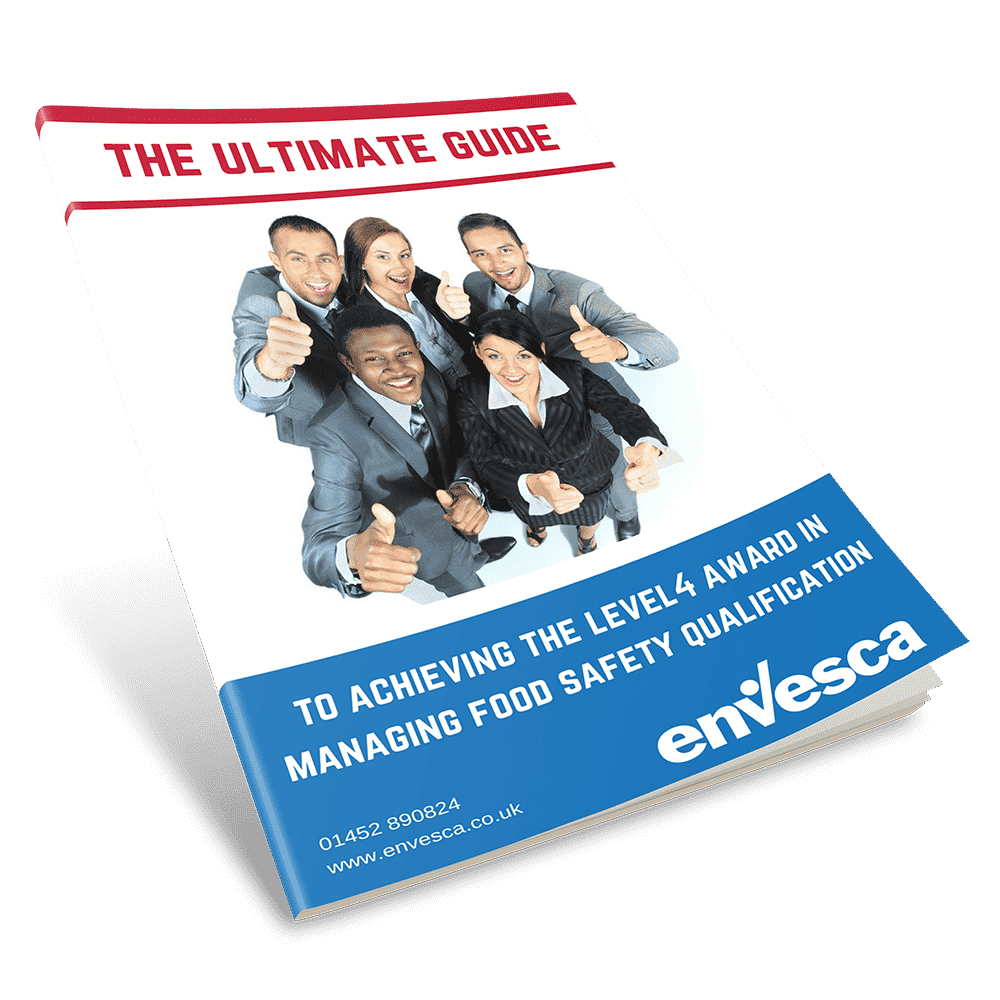
The Ultimate Guide to Passing the Level 4 Food Safety Examination
If you’ve got a question or query, please contact our super friendly team, they will be delighted to help you!
Simply get in touch via phone or email.

Free
Resources &
Downloads
Informative. Useful. Practical.
Here at Envesca we believe that we are good at giving proactive, sensible and useful advice. Below you will find some free resources that you can download on a host of subjects that will help you and your business.
Training Available
Envesca offer a number of different training courses, which offer advice and guidance on these topics.
